 Alright! A couple of weeks ago we got word that Disney is rebooting and making a spin-off of Pirates of the Caribbean. So, we are left to wonder...
Alright! A couple of weeks ago we got word that Disney is rebooting and making a spin-off of Pirates of the Caribbean. So, we are left to wonder...what happened to Hollywood?
How did we get to this point where the only success are sequels, remakes, or reboots? Why are original blockbuster films like 1917, the Greatest Showman, and Knives Out becoming the exception instead of the norm?
Well, let's start at the dawn of time. Or rather, dawn of cinema. I'm not going back that far.
A Timeline
The first part of the answer is the question, "Where has Hollywood been?"
 The first huge film was 1915 The Birth of A Nation, one of the most important films in history, not because it's good. Because it literally restarted the KKK by showing them as a romanticized cause. It's not the best film, running at 3h and 13 minutes long, shows extremely racist imagery, and for some reason has a 93% on Rotten Tomatoes?
The first huge film was 1915 The Birth of A Nation, one of the most important films in history, not because it's good. Because it literally restarted the KKK by showing them as a romanticized cause. It's not the best film, running at 3h and 13 minutes long, shows extremely racist imagery, and for some reason has a 93% on Rotten Tomatoes?Fun Fact: The Birth of A Nation was remake in 2016, this time as a generally well-received R-Rated film from the viewpoint of Nat Turner.
The next important milestone in cinema was the 1937 film, Snow White and the Seven Dwarves, the first animated film. Adjusted for inflation, it's one of the highest grossing films. It's success will later be re-capitalized by Disney when the live-action remake of the film comes out.
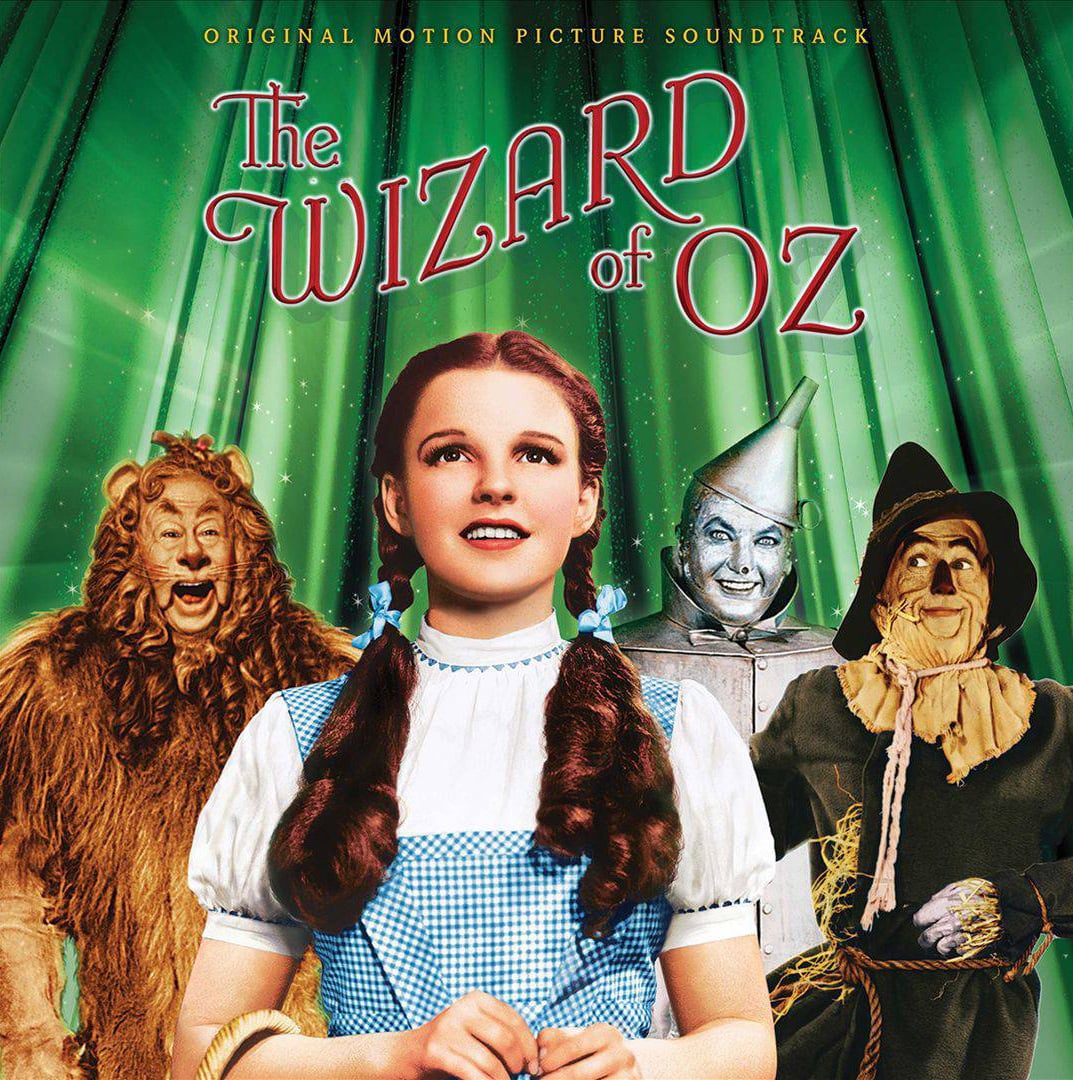 After that, we have 1939's The Wizard of Oz. I really like the Wizard of Oz. It's not too important in the history of cinema, but it is very iconic. But I included it here anyway because it's one of the first special effects heavy films ever, and one of the first fantasy films (At least to be critically acclaimed).
After that, we have 1939's The Wizard of Oz. I really like the Wizard of Oz. It's not too important in the history of cinema, but it is very iconic. But I included it here anyway because it's one of the first special effects heavy films ever, and one of the first fantasy films (At least to be critically acclaimed).However, just because it's the Wizard of Oz doesn't mean it made lots of money; the opposite, in fact. It lost money, and the studio, MGM, only made a profit by the time the 1949 re-release came out.
 Fun Fact: The Wizard of Oz got an unofficial sequel, 1985's Return of Oz, which is very weird, and a spiritual prequel, 2013's Oz the Great and Powerful, which I really liked.
Fun Fact: The Wizard of Oz got an unofficial sequel, 1985's Return of Oz, which is very weird, and a spiritual prequel, 2013's Oz the Great and Powerful, which I really liked.The next huge film in cinema history was the 1975 film Jaws. Directed by Steven Spielberg, Jaws was the first summer blockbuster. It was heavily marketed and became the highest grossing film of all time. It also got three sequels, but we don't talk about those.
The next important film is the biggest one on the list; Star Wars. The first Star Wars is special in the way that it took the previously childish sci-fi genre and turned it into a smart, fun, and exciting action film that was the highest grossing film of all time for a while, and, even unadjusted for inflation, is a pretty sizable blockbuster ($775 million).
But where Star Wars sticks is that apparently every single child who saw it became a brand-loyal mega fan. Out of every fanbase, I would say that Star Wars is the most toxic.
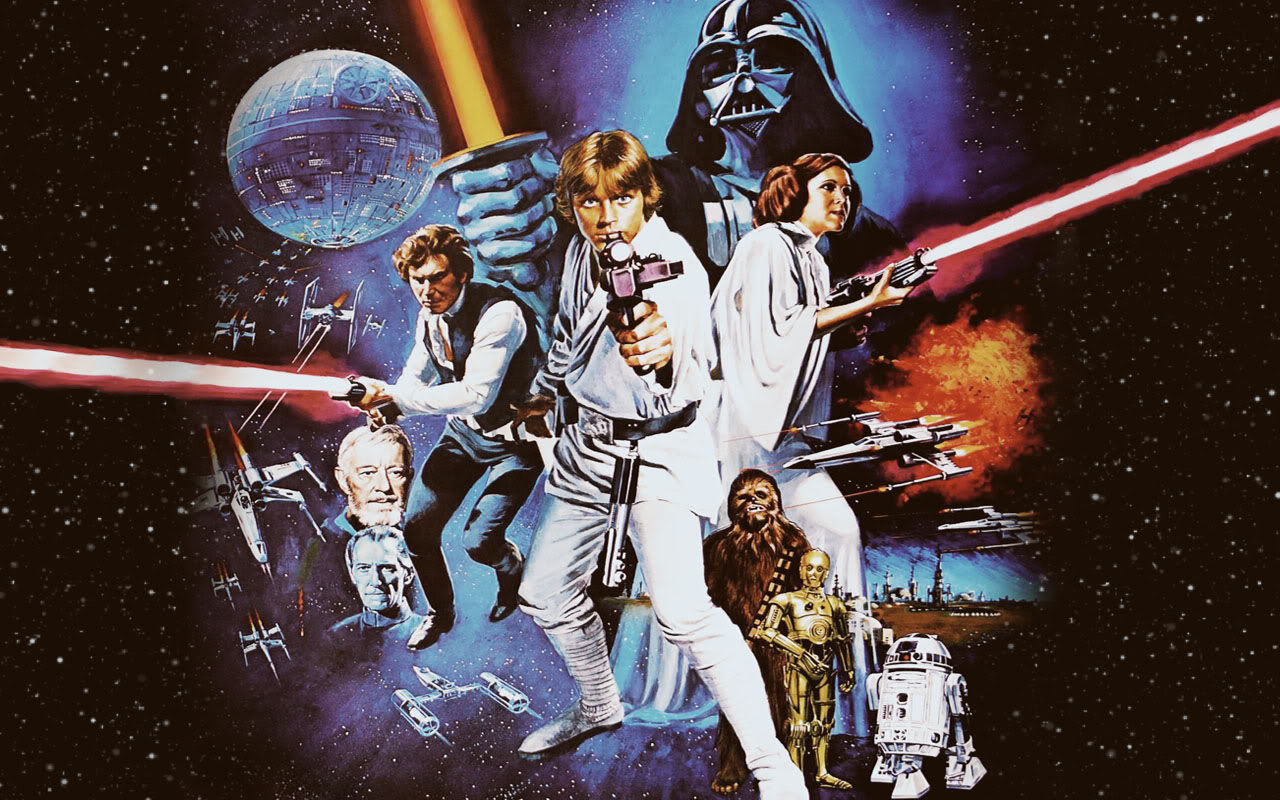 If they don't like an actor, they either consider suicide, are driven off of social media, or straight up retire from acting. If they don't like a movie they campaign against it, beating the issue into the ground for years.
If they don't like an actor, they either consider suicide, are driven off of social media, or straight up retire from acting. If they don't like a movie they campaign against it, beating the issue into the ground for years.The Star Wars fanbase is... odd. There are even different types; the OT elitists, the Prequel Memers, and those unfortunate souls who favor the Sequel Trilogy... for some reason. Each new generation is hated by the one before it. It's very toxic.
Fun Fact: The first Star Wars was so huge that it was followed by two sequels, a prequel trilogy, a sequel trilogy, two spin-off films, three television films, four television series, and at least six more movies and three tv shows.

The next huge moment of cinema is probably 1989's Batman. While not the biggest movie, it established that you could have superhero films (Previously very campy) be extremely dark, twisted, and kinda well received blockbusters. It was also one of the first films to be over marketized to oblivion, with action figures, tie in lunchboxes, and things like that.
Fun Fact: Batman was followed by three sequels, two reboots, a cameo in the Arrowverse, and will apparently be featured in the upcoming Flash movie.
And although it doesn't really apply to my thesis, I would be chagrin to not mention Toy Story as the first animated feature film in 1995.
 The next important step in cinema was 2002's Spider-Man. Many people overlook how important the first Spider-Man film is, but it's super important.
The next important step in cinema was 2002's Spider-Man. Many people overlook how important the first Spider-Man film is, but it's super important.After a very bad streak, it looked like the superhero genre was dying out. But, then you got X-Men, which proved they could be good films. Now, you have Spider-Man. Critically acclaimed, beloved by audiences, this realistic revitalizing of the character went on to gross $825 million.
Fun Fact: Spider-Man was followed by two sequels, two reboots, and an animated film.

The next film in the timeline is 2008's Iron Man. Iron Man in and of itself is not an entirely important film. It was just a well received blockbuster. Rather, this is really about the Marvel Cinematic Universe. The Marvel Cinematic Universe, or MCU, is a group of interlocking films that all team up every three years or so to break a new box office record.
Fun Fact: The MCU has had, so far, 23 films and 11 inconsequential television shows. Currently, we have 8 upcoming films, 6 films in development, and 8 television shows that will be debuting on Disney+ sometime soon. Their 22nd film, Avengers: Endgame, is the highest grossing film of all time.

The last film on the list, like Iron Man, is also not really about the film, but more about the idea. It is 2010's Alice in Wonderland. Alice in Wonderland is a remake of the 1951 film, and while not the first Disney remake, it is the first one to make a billion dollars. It's success has led to 11 more live-action remakes, and there are currently 16 upcoming remakes.
So, after that considerable timeline, we must ask the question; what is the culture of modern Hollywood?
The death of the original film
So... what happened? Was it the expansion of Star Wars to blame? Was it the overmarketization of films like Batman? The mega success of the MCU?
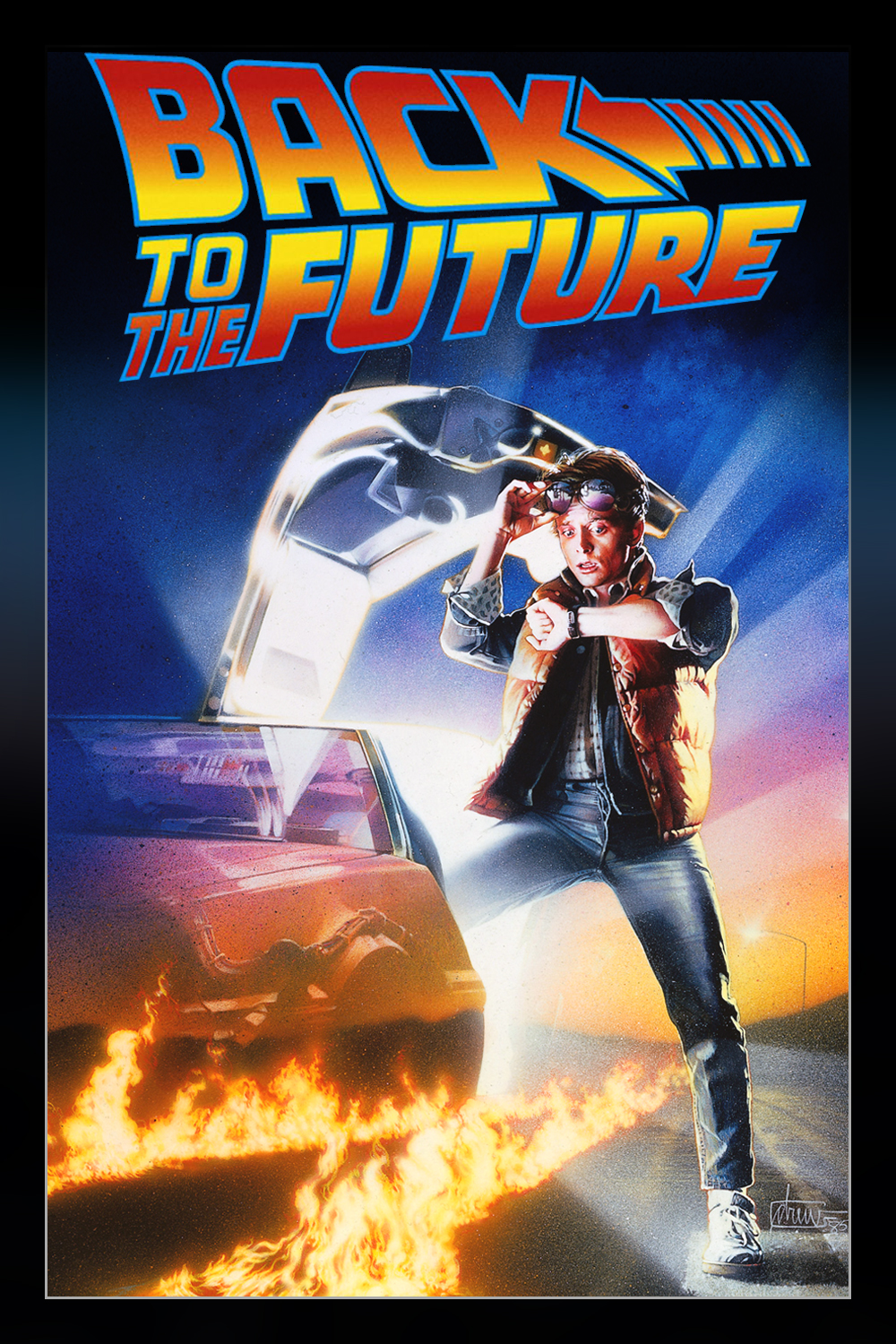 Personally, I think it's all three. We just kept collecting different ideas on how to create mega blockbusters, to the point where most films go for a huge opening weekend and then relatively nothing. Films that don't do that (Jumanji: Welcome to the Jungle) are now the exception rather than the standard.
Personally, I think it's all three. We just kept collecting different ideas on how to create mega blockbusters, to the point where most films go for a huge opening weekend and then relatively nothing. Films that don't do that (Jumanji: Welcome to the Jungle) are now the exception rather than the standard.But basically, it seems like that for the first 80 or so years of Hollywood, we had original films. Occasionally you would get adaptations of extremely popular material like Superman and Batman, but other than that? You had original movies like Star Wars, Back to the Future, Terminator, and Gremlins, probably followed by a few sequels.
But around the early 2000s, it all changed. We started adapting more and more books into movies, establishing that pre-existing properties were the way to go. Harry Potter and LOTR both made huge amounts of money. That trend continued into the early 2010s with YA adaptations like Hunger Games and Maze Runner.
But that's dying off. More and more book adaptations are box office bombs or down right terrible and they are few and far between. We adapted all of the big books, so now we have small hit-and-misses. The last of the big books, Dune, is coming out in December.
 So with the rise of the superhero film with films like X-Men, Spider-Man, and the Dark Knight, the ever more important pre-existing IPs, we have the demise of the original film. While originally huge films were scarce, maybe two-five a year, now we go more on the range of 6-8. Every month, save January, has a big blockbuster. And it's drowning out the original films.
So with the rise of the superhero film with films like X-Men, Spider-Man, and the Dark Knight, the ever more important pre-existing IPs, we have the demise of the original film. While originally huge films were scarce, maybe two-five a year, now we go more on the range of 6-8. Every month, save January, has a big blockbuster. And it's drowning out the original films.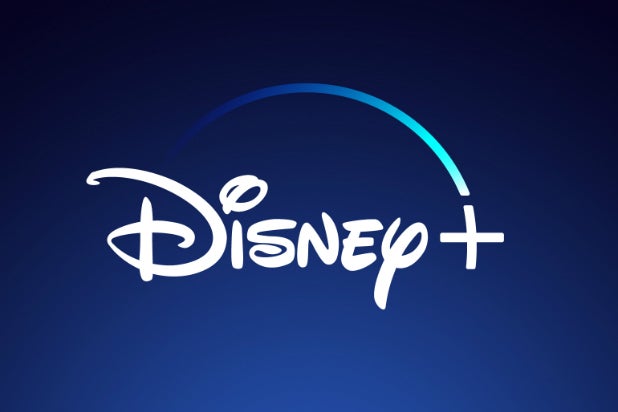 Another thing killing original films is streaming services. With every studio rushing to get their own streaming service, we get less and less theatrical releases for original films. Why release Timmy Failure in theaters when you could expand the catalog of Disney+?
Another thing killing original films is streaming services. With every studio rushing to get their own streaming service, we get less and less theatrical releases for original films. Why release Timmy Failure in theaters when you could expand the catalog of Disney+?And that culture, the culture of "Watch it later on VOD or Netflix," is killing original films.
 While in the early 2000s, when you had, apparently, thousands of rom-coms eating up cinemas, we now compare it to the modern day rom-com: There are none. The last one was Crazy Rich Asians in 2018, and that was already based on a book.
While in the early 2000s, when you had, apparently, thousands of rom-coms eating up cinemas, we now compare it to the modern day rom-com: There are none. The last one was Crazy Rich Asians in 2018, and that was already based on a book.And, you have to talk about the elephant in the room. Cinematic Universes. Every movie studio wants one, even if they shouldn't have it.
You see, Marvel has become the biggest movie factory out there, producing successful crowd pleaser after successful crowd pleaser. Yet most movie studios today are forgetting that it took years of speculation to get there. Most people thought a movies based on Captain America or Thor, B-List comic book heroes, would fail. Who wants to see that? No one.
But Marvel, and specifically Kevin Feige, who apparently really understands what makes these characters tick, is what made these movies work. Soon DC gets in on it, understandably, and after a few misses, they learn their lesson and start taking their time.
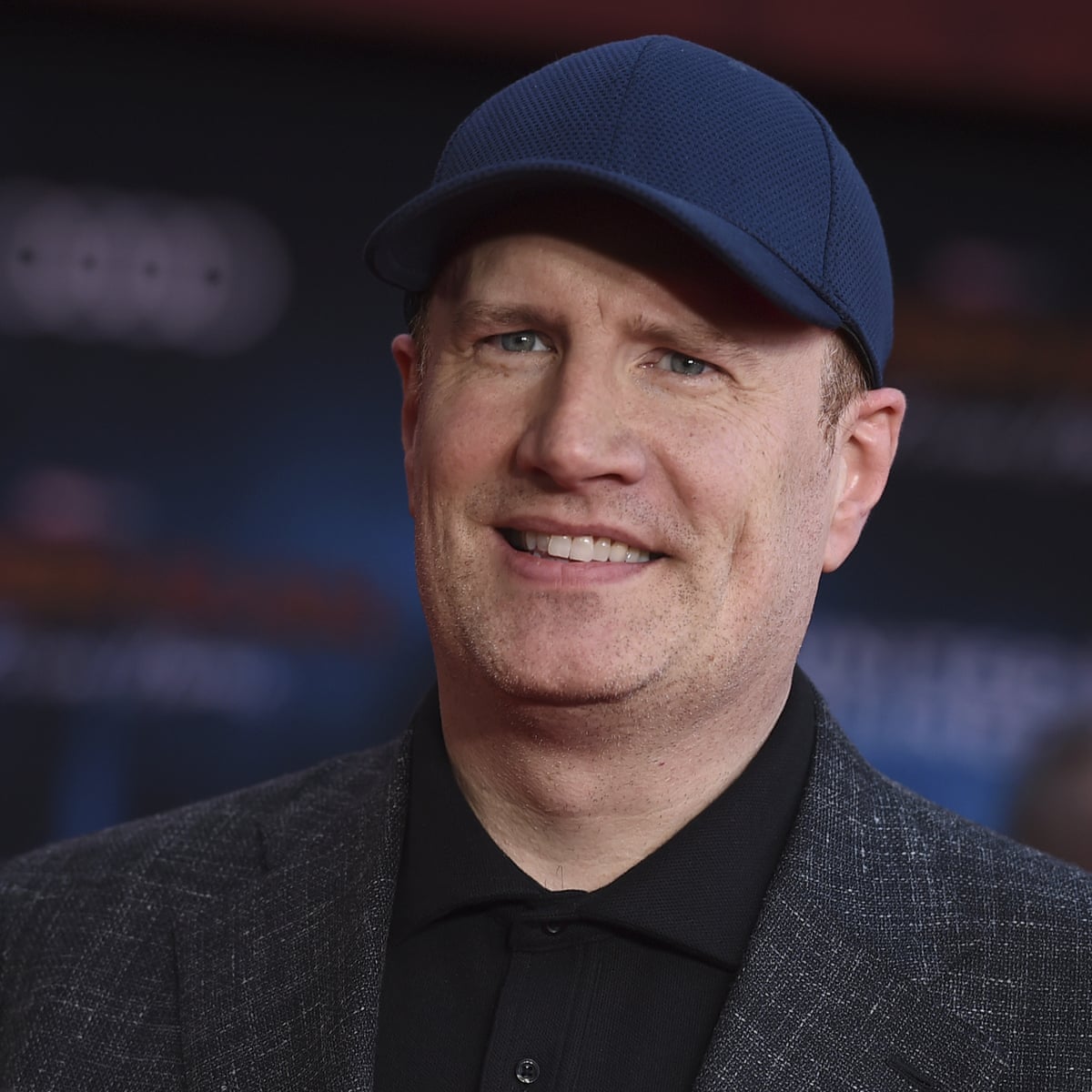 |
| Kevin Feige gets it |
But then you get things like MonsterVerse, Unbreakable, and Dark Universe. While those things were fun to interact with, there's not really an endgame. You're not going to have a Dracula/Were-Man/Frankenstein Avengers. It really only works for superhero films because they're based on things that have an established shared universe and a plethora of fans who want to see it on the big screen. Who asked for Dark Universe?
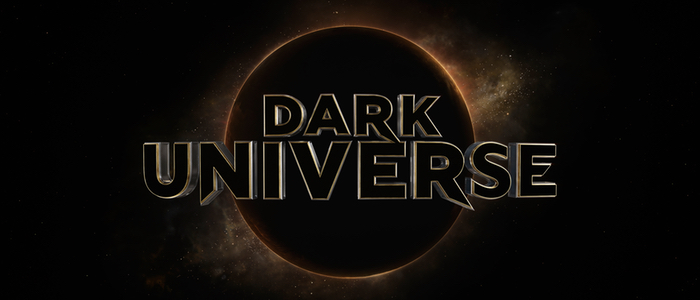
So when you have high profile original movies like John Wick or Knives Out, suddenly, they are pressured into having sequels. As long as it works, I guess. But what bogs them down is everything that doesn't work. Lots and lots of original films are starting to mimick the modern blockbuster, leaving things extremely open ended for sequels, having strange tie-ins to other things, and leaving the door open for spin-offs.
Like Scoob! I just wanted a fun Scooby-Doo movie. Instead I got a Hanna-Barbera Cinematic Unviverse pilot.
Where is it heading?
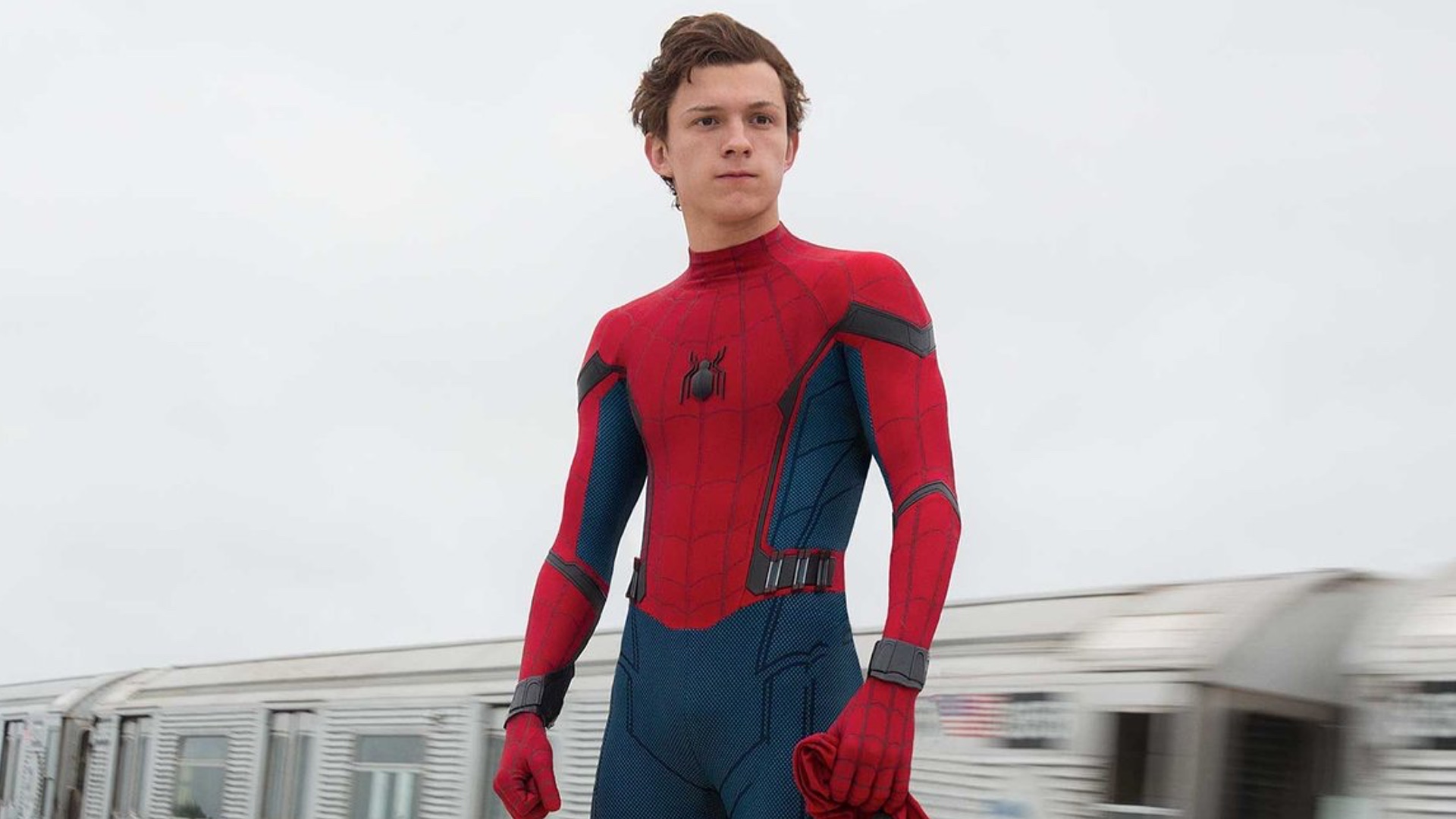 This is a tricky question. Eventually, things like the MCU have to end. Eventually, they will make every movie they can out of their characters, have such a bad streak they stop, or they have a finale that destroys the world of fanboys. The actors do age. Tom Holland can't look like a highschooler forever. If they didn't, well, we wouldn't have trouble figuring out who the next Wolverine would be.
This is a tricky question. Eventually, things like the MCU have to end. Eventually, they will make every movie they can out of their characters, have such a bad streak they stop, or they have a finale that destroys the world of fanboys. The actors do age. Tom Holland can't look like a highschooler forever. If they didn't, well, we wouldn't have trouble figuring out who the next Wolverine would be.It may be 2035 by the time the MCU is done. Who knows. That would be impressive. But I figure, we'll get to the point where only blockbusters are released in theaters. Depending on if the cinema or streaming collapses first, original films will go there. Blockbusters would basically come out twice a month, based on their frequency since 2010.
But eventually, we have to run out of pre-existing properties and 80s classics to reboot. Disney can't remake all of their animated films because not all of them are good. We'll always have books, but those will be long dead.
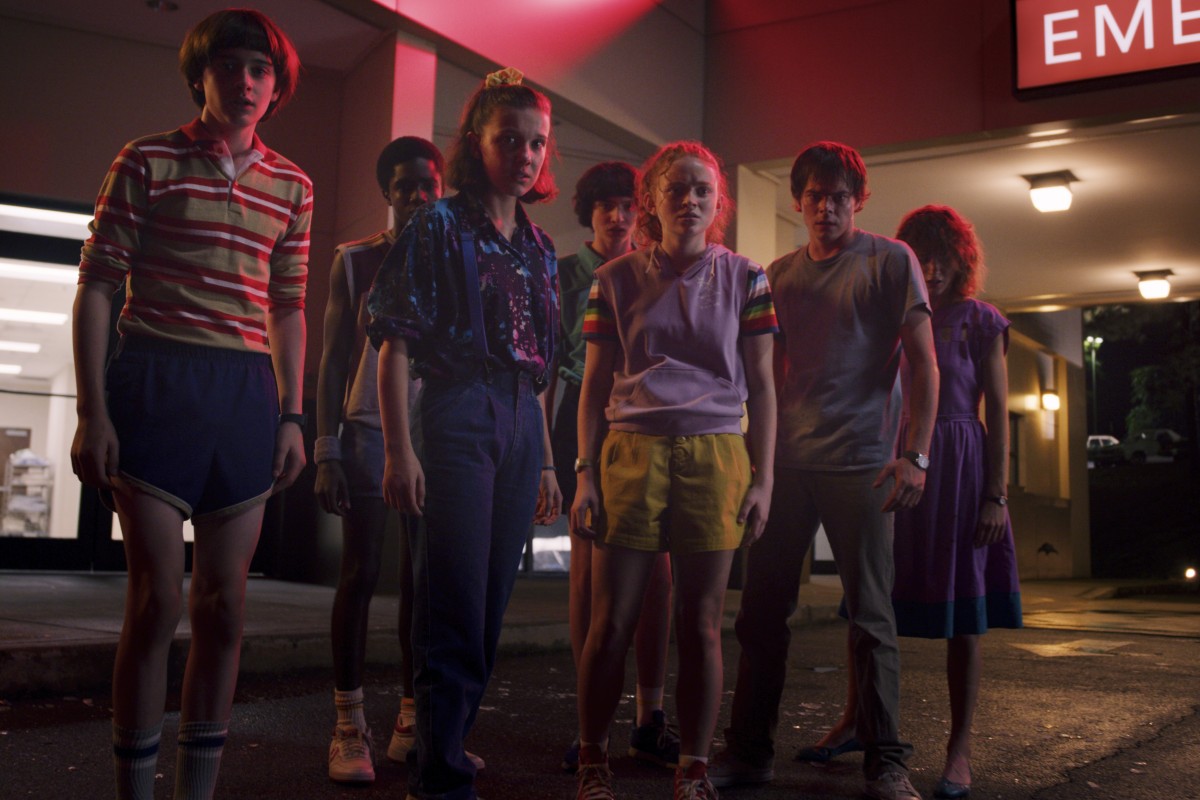 |
| Stranger Things gets it. Stop rebooting 80s things and make 80s like things |
It's not going to be pretty. But I think that, by the time everything has to end, probably 2040, cinemas will be running bare bones. All reboots and remakes will be done, streaming will have imploded, and more original films will start coming out. Slowly but surely, we will get there, to the point where, probably, by 2060, barring some huge societal collapse or natural disaster, we'll get to a new golden age of cinema where new ideas pop up left and right. And then we can reboot those.
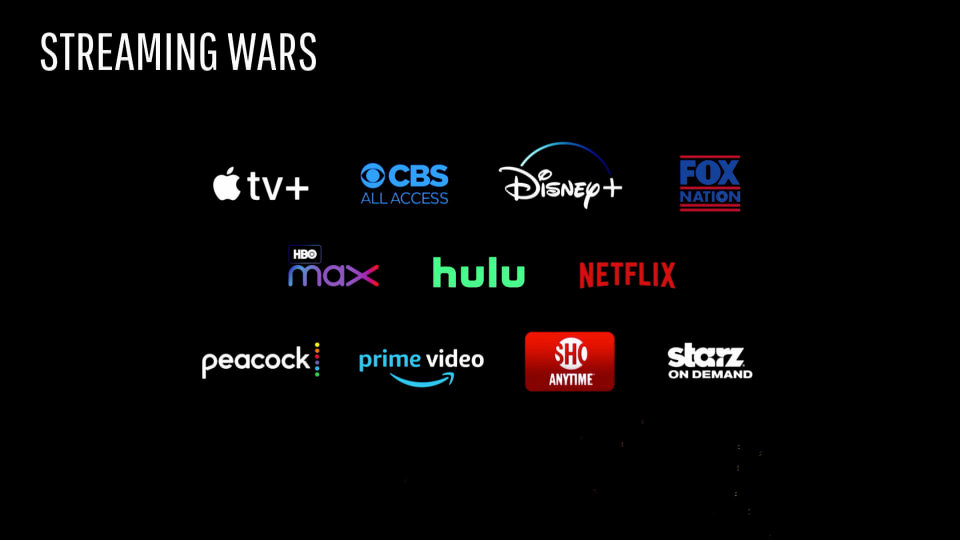
But that's the fun answer. The happy ending.
There's a possibility that every company divides up their properties into their streaming services, cinemas eventually close because no one goes to them anymore, and you have movies brought to you by Disney+, HBO Max, and Netflix.
It's really about outlasting the others. The one best situated to do this is Disney, who has a large library of content that they already own, and Star Wars, Marvel, and Fox under their belt. But, they need to get in gear if they want to win. They need to make less Artemis Fowls and more John Carters.
 |
| Artemis Fowl sucked. I don't want to talk about it anymore. |
And, just for fun, I tried writing a list of surprising properties that're being remade/reboot/sequeled to oblivion:
Batman (Reboot), Candyman (Sequel), Clue (Reboot), Dracula (Reboot), Dune (Remake), Every Disney Film (Remake), Fantastic Four (Reboot), Fast & Furious (Sequels), Fiddler on the Roof (Remake), Ghostbusters (Sequel), Godzilla (Sequels), Halloween (Sequels), He-Man (Reboot), Home Alone (Reboot), Hunger Games (Sequel), Inspector Gadget (Reboot), John Wick (Sequels), Knives Out (Sequel), Labyrinth (Sequel), Legally Blonde (Sequel), Magic School Bus (Reboot), Matrix (Sequel), MCU (Sequel), Narnia (Reboot), Night at the Museum (Reboot), Percy Jackson (Reboot), Pirates (Sequel), Planet of the Apes (Reboot), Scooby-Doo (Reboot), Shining (Sequel), Honey, I Shrunk the Kids! (Reboot), Spider-Man (Reboot sequels), Star Trek (Reboot), Star Wars (Sequel), Terminator (Sequel), Three Men and a Baby (Reboot), TMNT (Reboot), Transformers (Reboot), Twister (Reboot), and Wolfman (Reboot).
Unless they start remaking remakes, cinema should stop doing all of this rebooting - unless the film needs it, like TMNT, Transformers, and Percy Jackson. But what's the point of a sequel to Ghostbusters?
 |
| An artist's visualization of exploiting nostalgia |
But hey! That's just a theory! A film theory! aaaaaaaaaaand cut.
Comments
Post a Comment